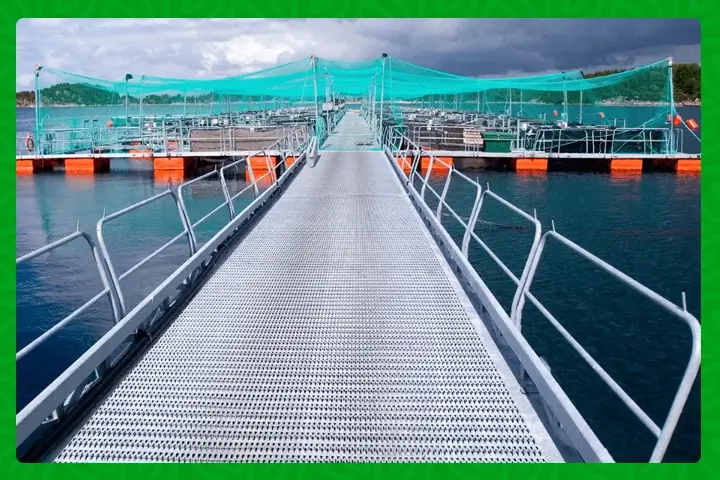
In a resounding call to action, Member of Parliament Hilaria Mukapuli has ignited a fervor for agricultural innovation, particularly through the untapped potential of aquaculture, to bolster Namibia’s food production capabilities. The recent report from the Parliamentary Standing Committee on Natural Resources sheds light on the vast opportunities and challenges encountered during oversight visits to aquaculture projects across various regions.
Harnessing the Power of Aquaculture for Food Security
Mukapuli envisions aquaculture as the key to bridging the gap between sea and freshwater food supplies, emphasizing its potential to contribute significantly to the planet’s well-being and the sustenance of its population. By championing responsible and sustainable fish farming, she believes Namibia can pave the way for future generations to access healthy and environmentally friendly protein.
The Lucrative Landscape of Global Aquaculture
As the global aquaculture market continues its upward trajectory, projected to reach USD 421.2 Billion by 2030, Mukapuli asserts that Namibia is well-positioned to meet the rising demand for fish both locally and internationally. However, the report acknowledges challenges faced by some aquaculture projects, revealing a nuanced picture of the industry.
Challenges and Opportunities: A Balancing Act
The report unveils obstacles encountered by certain fish farming projects, including security concerns leading to project cessation and incomplete initiatives due to funding and ownership disputes. Seasonal constraints, feed shortages, and equipment repair impediments further underscore the delicate balance required for successful aquaculture ventures.
Insights from the Field: A Fish Farmer’s Perspective
Andrew Kashera, a fish farmer in the Kavango East region, provides valuable insights into the real-world challenges faced by aquaculturists. From Mahangu shortages impacting fish feed production to the complexities of managing fish farms during the rainy season, Kashera’s experiences shed light on the multifaceted nature of aquaculture.
Government Initiatives and Industry Hurdles
The article delves into the disappointment expressed by Tjekero Tweya, Chairperson of the Parliamentary Standing Committee on Natural Resources, regarding the non-completion of the Fonteintjie Fish Farming Community Project in Keetmanshoop. Despite a substantial government investment, irregular payments led to the abandonment of the project, highlighting the need for financial stability in fostering aquaculture growth.
Hope Amidst Challenges: The Path Forward
Despite these challenges, there is optimism among fish farmers like Kashera, who looks to the upcoming rainy season as a potential solution to feed ingredient shortages. The article concludes with a forward-looking perspective, emphasizing the resilience of Namibia’s aquaculture sector and the collaborative efforts needed to overcome hurdles and unlock its full potential.
In navigating the challenges and embracing the opportunities, Namibia stands at the cusp of a transformative journey in aquaculture, a journey that requires collective determination, innovative solutions, and a shared vision for a thriving and sustainable future.
Stay updated with the latest farming tips and agriculture industry news from Africa by subscribing to our newsletter. Don’t miss out on valuable insights and updates. Follow us on Twitter, LinkedIn, and Facebook to join our farming community and stay connected with us.



















